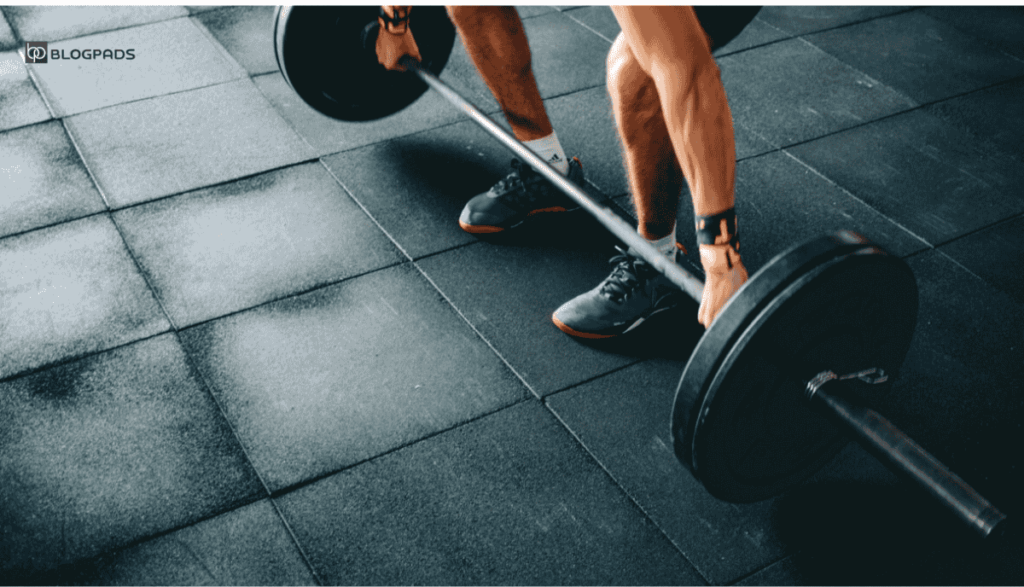Introduction to Bone Density and Muscle Health
Have you ever wondered why people encourage staying active as you age? It’s not just about feeling fit; it’s about keeping your bones strong and healthy. Improving Muscular Strength & Endurance Slows Bone Density Loss, helping prevent fractures and maintaining independence.
What Is Bone Density?
Bone density refers to how much calcium and other minerals are packed into a segment of bone. Stronger bones are denser, which means they can handle more stress without breaking.
Why Does Bone Density Matter?
Think of your bones like the foundation of a house. A sturdy foundation ensures the structure remains stable. Low bone density makes this foundation weak, increasing the risk of fractures.
Why Do Bones Lose Density with Age?
Aging leads to natural bone density loss, especially after the age of 30. Women, in particular, experience rapid bone loss after menopause due to decreased estrogen levels.
Other Factors Affecting Bone Density
- Lack of physical activity
- Poor diet low in calcium and vitamin D
- Smoking and excessive alcohol use
- Certain medications or medical conditions
How Muscle Strength Affects Bone Health
When muscles contract during exercise, they pull on the bones, stimulating bone tissue growth. This process, known as mechanical loading, is like giving your bones a workout every time you move.
The Science Behind Strength Training
Strength training, like lifting weights, creates small stress on bones. This stress encourages the body to deposit minerals like calcium into the bone, making it stronger and denser over time.
Benefits of Endurance Exercises for Bones
Endurance exercises, such as walking, running, or cycling, are equally important. They improve blood flow, ensuring that bones receive essential nutrients.
Best Endurance Activities for Bone Health
- Brisk walking or hiking
- Dancing
- Low-impact aerobics
- Stair climbing
Key Strength Training Exercises for Bone Health
Strength training doesn’t have to be complicated. Here are a few effective exercises:
- Squats: Strengthen the hips and thighs.
- Push-ups: Build upper body and core strength.
- Deadlifts: Great for improving overall body strength.
- Lunges: Target legs and improve balance.
Simple Endurance Routines for Beginners
If you’re new to exercise, start small:
- Begin with 20-30 minutes of brisk walking three times a week.
- Gradually add light jogging or cycling.
- Incorporate activities like swimming for variety.
Nutrition for Muscle and Bone Health
Good nutrition is essential for building strong muscles and bones.
Key Nutrients for Bone Health
- Calcium: Found in dairy products, leafy greens, and fortified foods.
- Vitamin D: Helps your body absorb calcium effectively.
- Protein: Essential for muscle repair and growth.
Preventing Injuries While Strength Training
Safety is crucial when exercising, especially if you’re not used to it.
Tips to Stay Injury-Free
- Always warm up before starting.
- Use proper form to avoid strain.
- Gradually increase weight or resistance.
- Listen to your body and rest when needed.
Common Myths About Bone Density and Exercise
Myth 1: Only Older People Need to Worry About Bone Health
Bone density matters at every age. The earlier you start, the better.
Myth 2: Cardio Is Enough
While cardio has benefits, strength training is essential for building bone density.
Special Considerations for Older Adults
Older adults should focus on low-impact exercises to avoid injuries. Resistance bands and light dumbbells are great tools for this group.
Signs of Improved Bone Health
You may not feel bone density changes immediately, but look out for these signs:
- Increased strength and balance
- Fewer aches and pains
- Better posture
How Long Until You See Results?
Building bone density is a gradual process. Most people see noticeable improvements within six months to a year of consistent exercise.
Conclusion and Takeaways
Improving muscular strength and endurance not only slows bone density loss but also enhances your overall health and vitality. Think of it as an investment in your future self. Start small, stay consistent, and enjoy the benefits of stronger muscles and bones.
FAQs
1. How often should I exercise to improve bone density?
Aim for at least three days a week of strength training and mix in endurance exercises like walking or jogging.
2. Can young people benefit from strength training for bone health?
Absolutely! Building bone density early reduces the risk of fractures later in life.
3. Are there any exercises I should avoid?
High-impact exercises or heavy weights may not be suitable for beginners or those with existing bone issues. Consult a doctor if unsure.
4. What’s the best diet for improving bone density?
A diet rich in calcium, vitamin D, and protein is ideal. Incorporate foods like dairy, fish, nuts, and leafy greens.
5. Is it ever too late to start building bone density?
No, it’s never too late! Exercise and proper nutrition can benefit bone health at any age.

